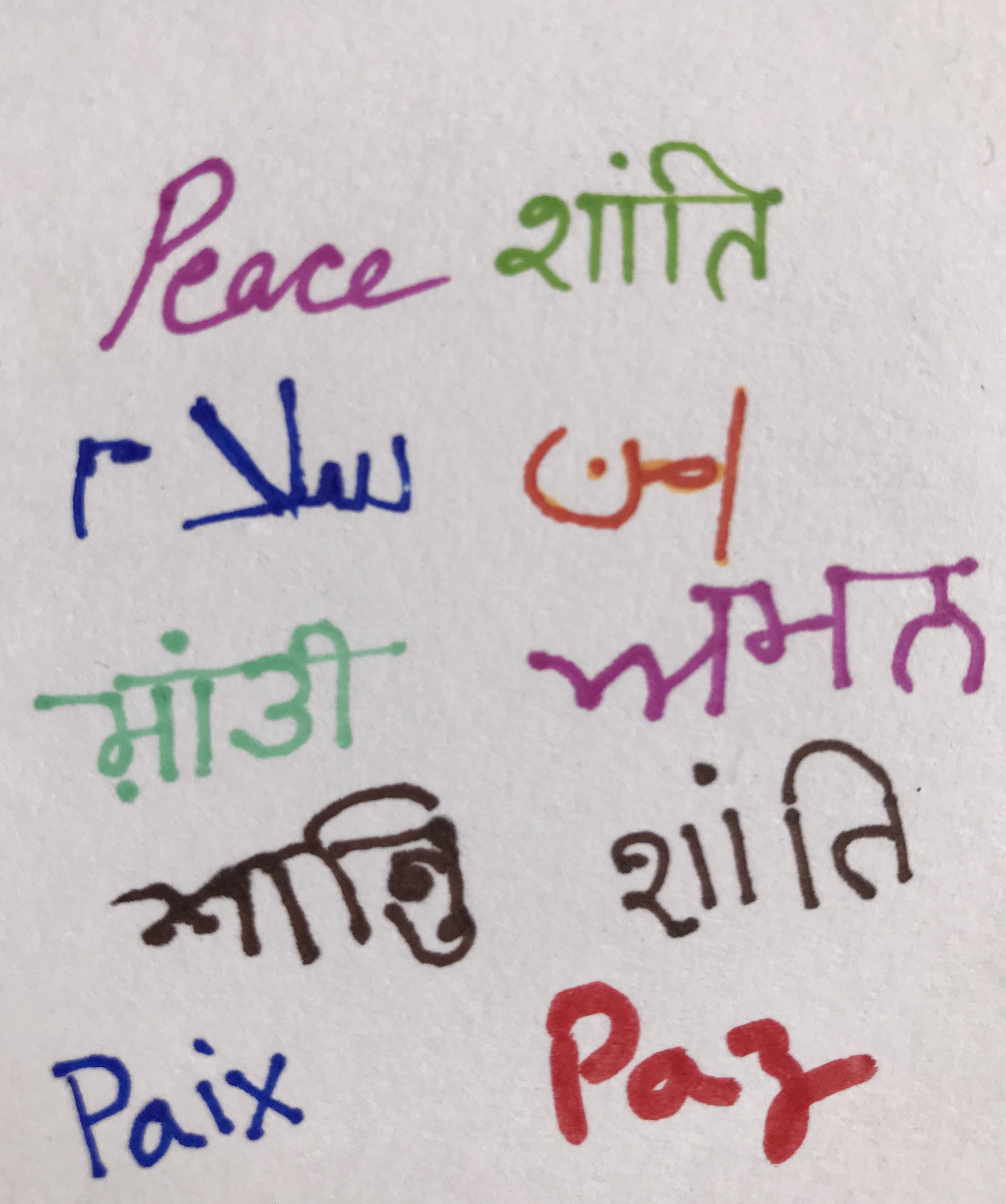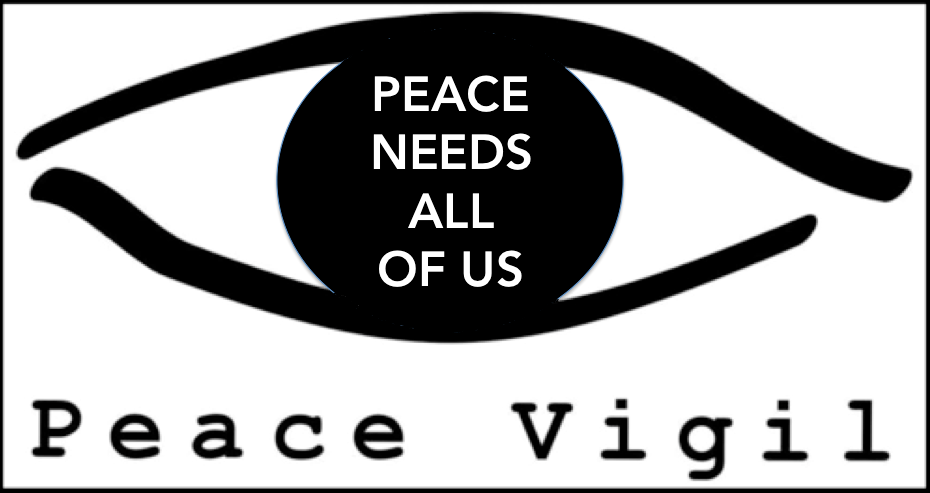Our Turn at Number 10
Identity is a funny thing. It makes us cheerleaders for people and causes that have nothing to do with us or worse, can harm us.
When I arrived in Australia to do my masters, I knew nobody. Everyone was new to me, from the teachers and students to every single person I met on the bus or in the grocery store. I made friends for the first time with people who did not look like me. They were white, Japanese and Chinese. I learnt totally new things from them, including new foods like sushi and cinnamon raisin bread! I learnt words from other languages and saw films and TV programs I had no idea existed.
It could just be the department I was in or the building I stayed at but I hardly met with people who looked like me. I did notice South Asians but they were not from my department or building and so I was a bit hesitant to talk to them. This changed when I attended a South Asian cultural evening. Pretty much the whole gathering was directly from India, Pakistan, Bangladesh, Nepal, Sri Lanka and Bhutan. Many of them were wearing clothes and speaking languages I was familiar with. There was a lot of diversity within the group but they all looked and felt much more familiar to me than others I had met in the past few months.
As a Bollywood song filled the air, all of us started clapping to the beat. There was a sense of ease, of belonging and it felt good. Now I can analyze it with the understanding of identity that informs so much of the work as a peace educator. But at the time it just felt good. I easily conversed with people that evening even though I did not know them at all. They looked like me and we had a commonality of contexts – history, traditions, food, languages and so on.
Among the people I met was a group who remain my friends to this day. But there were some others who made me realize that identity affiliation can very much be misplaced.
A bunch of students I was talking to invited me to a restaurant the following weekend. I was excited to be going to an “Indian” party! But it would not be an exaggeration to say that it was one of the most uncomfortable evenings of my life.
For one thing, I arrived in a taxi while everyone else came in their own cars and despite my ignorance of car brands, I could tell they were super fancy. Secondly and more importantly for me, the food was terribly expensive. I had thought that since all of us were students, it would be affordable. But it was clear that I was with a crowd for whom money was not an issue. I did not see this coming at the South Asian cultural evening. Perhaps the atmosphere of the university was an equalizer.
The conversations at the restaurant were mostly about things that I had not thought about. For example, the newest makeup line, designer clothing and the best beach and skiing resorts. I listened for a long time and tried to gel in. After a while, I tried initiating a conversation about things that I was interested in. It hadn’t gone very far when out of the blue, one person asked me where my shoes were from. Awkward though it was, I paused my thought and told her they are from a local shop in Delhi. “Really?!”, she said and then walked away. She did not speak to me for the remainder of the party.
Another person asked me what my parents did. When I told him that my dad was a professor at the Delhi University and my mom an actress with the National School of Drama (NSD), he said, “how exotic!” and then went on to describe how he once met a famous movie actress at an airport and that he loved films. He asked me if I would like to watch a movie with him the next day to which I politely said no. I said that I had to study for an assignment to which he said with a smirk, “ya, with your background, you better get good grades or how will you survive!”
It was a relief when the “party” ended. I had a very uncomfortable evening and did not try to interact with that group again. They did not approach me again either.
Some years later, a relative mentioned the dad of one of the people I had spent that evening with. He was a famous industrialist and had recently acquired a new coveted asset. The news was all over the media. My relative was saying how wonderful it was that an Indian had made such a mark on the international business scene. Even though I had met his son only a couple of times and had an unfavourable memory of that, I felt as if I had a personal connection to the news! I knew the son of this man! I had actually had dinner with him!
I was reminded of this feeling when recently Rishi Sunak became the Prime Minister of UK. Rishi Sunak was born in the UK. His parents migrated there from Kenya. His grandparents had migrated to east Africa where both his parents were born. Though he doesn’t have direct ties to modern India, as a practising Hindu with ties to pre-partition India, his elevation to the role of Prime Minister has been widely lauded by the Indian media. And not just the media, many of us have felt an element of pride at the thought of a South Asian immigrant - or at least the son of immigrants - becoming Prime Minister of the country that colonised South Asia.
And for the British people this is clearly a sign of progress. There was a time not too long ago when Prime Ministers only came from one of two public schools (Eaton and Harrow) and one of two Universities (Oxford or Cambridge). They were all men, they were all white and they were all wealthy. While Sunak did go to Oxford and two of the three descriptors do apply (he’s apparently richer than the king by most estimates), the fact that he’s not white does matter. The symbolic diversity of the child of an immigrant becoming the head of state is important.
But how much should that increase in diversity count for? As of this moment, the policies of the British government towards immigrants are among the harshest and most racist in the world. Detention centres are being compared to zoos and prisons; the government is planning to send refugees and asylum seekers to Rwanda. I don’t know that the fact that some of the main architects of these policies are also of South Asian descent makes the proposals any better.
And Sunak himself is among the richest people on the planet with an estimated wealth of more than 700 million pounds. Most of his wealth comes from his wife who is heir to the Infosys fortune. Whether or not that’s a good thing, it seems an odd thing for me to feel any affinity with.
Rishi Sunak, like all of us, has many identities. One of them is as a person of South Asian descent. But he has other identities - leader of the Conservative party, 222nd richest person in the UK, multi-millionaire, former finance minister, etc. When we reduce that complexity to the color of his skin - even for the purposes of finding commonality with him - we do ourselves a disservice.
Shirin
Co-director, Peace Vigil
Peace Vigil works on peace education. Peace Needs All of Us.




